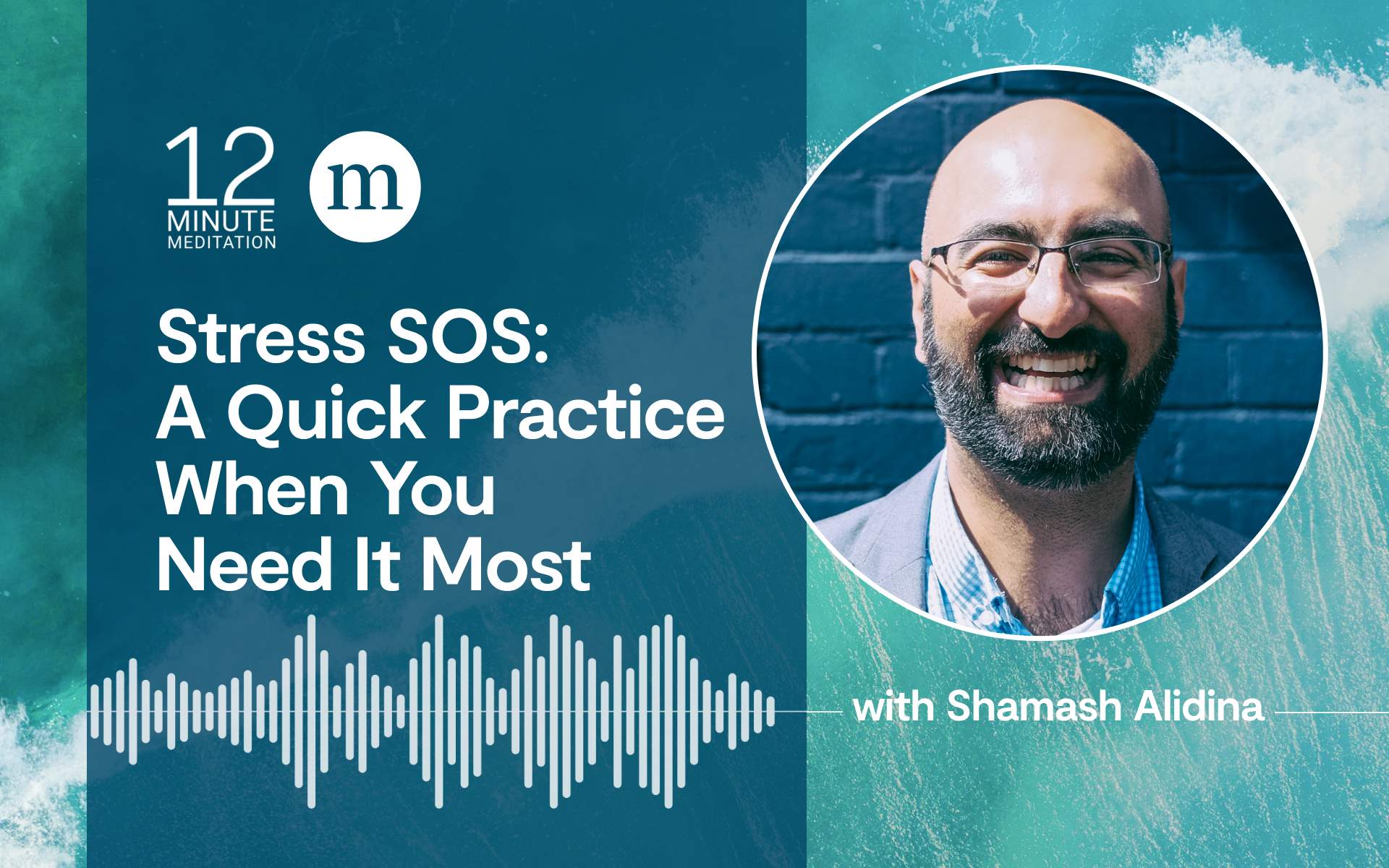You need a lawyer. You’re in a painful confrontation, maybe over a wrong you feel was done to you, and you’re preparing to battle for justice.
But according to Rhonda Magee, law professor at the University of San Francisco, you ought to find a lawyer who knows more than just how to win. A contemplative lawyer, perhaps.
“That’s a lawyer with the capacity to support clients in developing their own self-awareness—recognizing that whatever is coming up in the moment is not necessarily the whole story,” says Magee. “There is more truth around any given issue than is manifest in our own experiences in the moment.”
Magee, 45, co-directed USF law school’s Center for Teaching Excellence in 2013 and 2014. With support from The Center for Contemplative Mind in Society, and with Judi Cohen, of Golden Gate University, and Charlie Halpern of the University of California-Berkeley, she has been working for more than a decade to bring mindfulness into law practice and legal education. It was with Cohen and USF colleague Tim Iglesias that Magee developed a course for third-year law students called Contemplative Lawyering.
“The goal is to help lawyers and clients develop the capacity to put themselves in the shoes of another, to listen more thoroughly to other people with as little judgment as they can manage.”
“The goal is to help lawyers and clients develop the capacity to put themselves in the shoes of another,” says Magee, “to listen more thoroughly to other people with as little judgment as they can manage.”
Magee’s own path to the legal profession, and to mindfulness, has its roots in her childhood, growing up African American in North Carolina and Virginia in the 1970s and 1980s.
“So much of my early years were shaped by the larger dynamics that are told in the story of Brown v. Board of Education, and in the stories of the battles over integration and desegregation in the South and elsewhere.”
Magee’s grandmother played a large part, too. “I grew up spending time with her while my mother worked in a shirt factory,” she remembers. “I would wake up in the morning and my grandmother was already up, before dawn, spending an hour or so in prayer and reflection. She grounded herself in a sense of her own dignity, her own inner life.
“It showed me that you could overcome even the most oppressive circumstances by working with and through those oppressions, not ignoring them but making the most of what opportunities were there. And doing so with love for one another.”
Magee was fascinated by how we construct social relationships and studied sociology before transferring to law.
“I love law because it is the language and process by which we try to make real these inspiring and awesome democratic ideals—of equality, of one person, one voice,” she says. “And at the heart of all that are our commitments to human dignity, which is what animates the notion of human rights.
“I have a desire to do work in the world that supports all of us in being our highest and our best. No matter where we’re from, what color we are, what background, whether we’re born in circumstances of wealth and privilege or the opposite, we are all in this together.”








